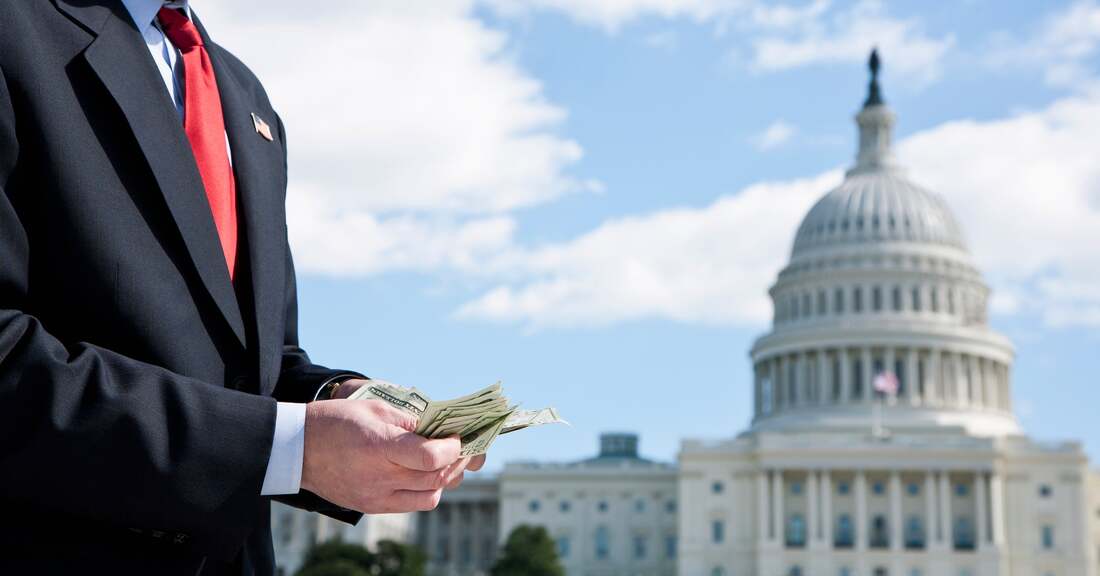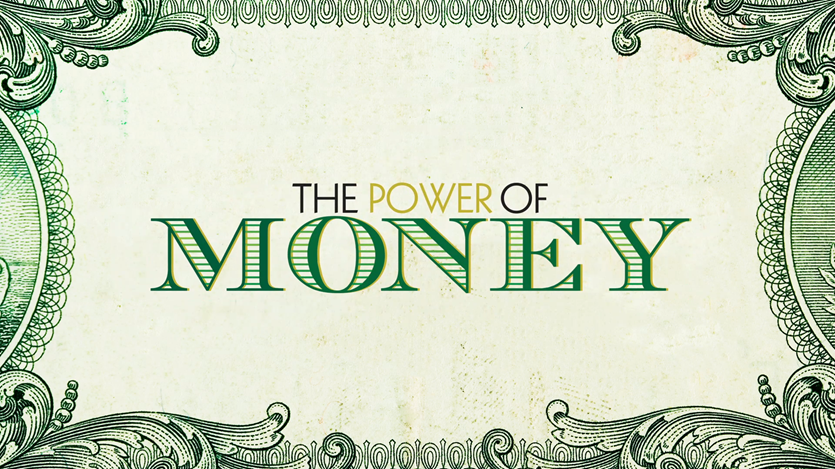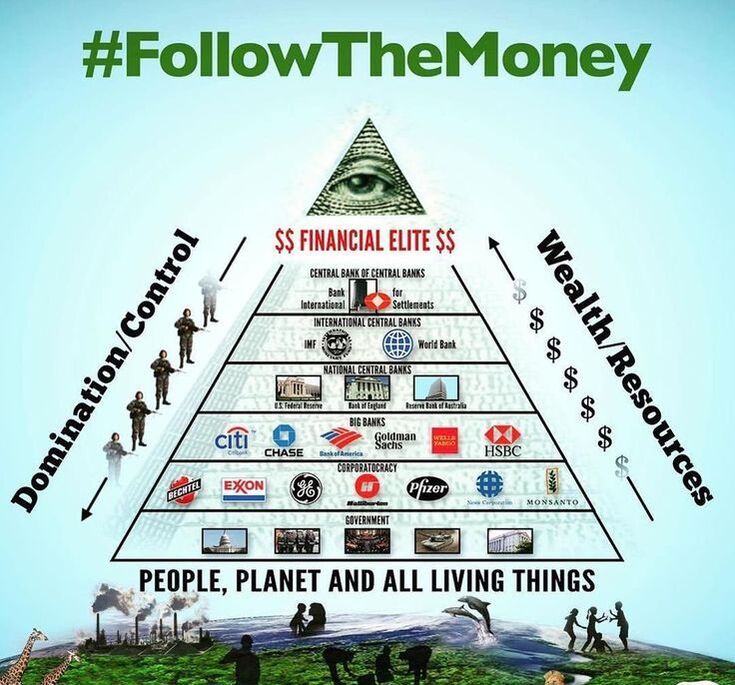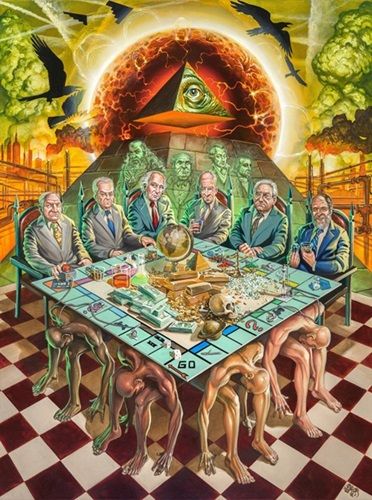Unveiling the Art of Deception: Insights from Yuri Bezmenov's Interview with G. Edward Griffin4/19/2024
In a captivating interview with G. Edward Griffin, former KGB agent Yuri Bezmenov shed light on the intricacies of psychological warfare and the tactics used by intelligence agencies to subvert nations from within. Bezmenov's firsthand experience as a Soviet propagandist provides invaluable insights into the art of deception and its far-reaching implications.
Bezmenov began by elucidating the four stages of ideological subversion employed by the KGB to destabilize target countries: demoralization, destabilization, crisis, and normalization. Demoralization, the first stage, involves eroding the moral fabric of society through ideological indoctrination and propaganda. This process, Bezmenov explained, takes around 15 to 20 years to complete and aims to instill a sense of cynicism, alienation, and distrust among the population. Once demoralization has taken root, the second stage, destabilization, begins. During this phase, the focus shifts to undermining the institutions and structures of the target nation, including government, media, education, and religion. Bezmenov emphasized the role of "useful idiots" – individuals who unwittingly aid the subversion process – in facilitating this destabilization. As society descends into chaos, the third stage, crisis, ensues. Economic, political, and social upheaval grip the nation, creating the perfect conditions for revolution and regime change. Bezmenov highlighted the role of external actors, such as intelligence agencies and foreign powers, in exacerbating these crises and manipulating events to their advantage. Finally, normalization occurs, wherein the subverted society accepts the new ideological paradigm as the status quo. By this stage, the populace is conditioned to embrace authoritarianism and relinquish their freedoms in exchange for security and stability. Throughout the interview, Bezmenov underscored the insidious nature of ideological subversion and its ability to infiltrate every aspect of society. He warned of the dangers posed by ideological subversion to Western democracies, cautioning that the same tactics employed by the KGB could be used by other hostile actors to undermine the fabric of free societies. Bezmenov's insights into psychological warfare serve as a stark reminder of the enduring relevance of vigilance and critical thinking in the face of ideological manipulation. As nations grapple with the complexities of modern geopolitics, understanding the tactics of deception employed by adversarial regimes is paramount to safeguarding the principles of liberty, democracy, and individual freedom.
0 Comments
In his groundbreaking book "Confessions of an Economic Hitman," John Perkins pulls back the curtain on the covert world of economic imperialism and its profound impact on global politics, economics, and social structures. Through his firsthand experiences as an "economic hitman," Perkins unveils a shadowy network of corporations, government agencies, and financial institutions that exploit developing nations for profit and power.
At the heart of Perkins' narrative lies the concept of "economic hitmen" – individuals tasked with persuading foreign governments to accept enormous loans for infrastructure projects, often financed by organizations like the World Bank and IMF. These projects, touted as catalysts for development and modernization, instead saddle nations with crippling debt and perpetuate a cycle of dependence on Western powers. Perkins reveals how these loans are intentionally designed to benefit multinational corporations and the political elite, rather than the citizens of the recipient countries. Through coercion, bribery, and manipulation, economic hitmen ensure that these projects serve the interests of their benefactors, while exacerbating poverty, inequality, and environmental degradation in the target nations. Moreover, Perkins exposes the role of "jackals" – covert operatives tasked with ousting leaders who refuse to comply with the demands of economic hitmen. Through political coups, assassinations, and regime change operations, these agents ensure that dissenting voices are silenced and compliant puppet regimes are installed to further Western interests. Perkins' revelations shed light on the dark underbelly of capitalism and globalism, revealing how corporate greed and geopolitical ambition drive the exploitation of vulnerable nations. He argues that the pursuit of profit and power at any cost has led to a system of economic colonization, wherein developing nations are systematically plundered for their resources and labor. Furthermore, Perkins warns of the broader implications of this system for global stability and security. By perpetuating poverty, inequality, and social unrest, economic imperialism fuels resentment and anti-Western sentiment, ultimately contributing to the rise of extremism and conflict on a global scale. In the context of capitalism and globalism, Perkins' account serves as a cautionary tale about the unchecked power of corporations and the need for greater accountability and transparency in global economic governance. It underscores the urgent need to reevaluate the prevailing economic paradigm and pursue policies that prioritize human rights, environmental sustainability, and social justice over narrow corporate interests. The 2010 Supreme Court decision on Citizens United fundamentally changed the landscape of campaign finance in the United States and sparked debates about the influence of corporations on the political process. It relates to the notion of corporations having the same rights as people which raises concerns about corporate influence on political policy. The Citizens United decision, in essence, extended the concept of "corporate personhood." This legal doctrine treats corporations as legal persons with certain constitutional rights, primarily protected under the First Amendment, which guarantees the right to free speech. The majority opinion, written by Justice Anthony Kennedy, argued that limiting independent political expenditures by corporations, unions, and other associations violated their First Amendment rights. The Court equated political spending with a form of protected speech, maintaining that corporations, like individuals, should be able to freely express their political views. The practical implication of Citizens United was the removal of restrictions on independent expenditures by corporations, labor unions, and other entities. This allowed these entities to spend unlimited amounts of money to support or oppose political candidates, as long as they operated independently of the candidate's campaign. Critics of Citizens United argue that by granting corporations the ability to spend unlimited funds in political campaigns, it creates a scenario where the wealthiest entities can exert disproportionate influence over the political process. This has raised concerns about the potential for corruption, the drowning out of individual voices, and the perception that the political system is skewed in favor of corporate interests. The decision paved the way for the creation of Super PACs (political action committees), independent political action committees that could raise and spend unlimited amounts of money, often without disclosing the identity of their donors. This influx of "dark money" into political campaigns has intensified concerns about transparency and accountability. Citizens United contributed to a shift in the political landscape, allowing corporations and wealthy individuals to have a more significant impact on elections through massive, unrestricted spending. Some argue that this has led to a political system where the influence of money plays an outsized role. The decision continues to face criticism from those who advocate for campaign finance reform, transparency, and efforts to reduce the influence of money in politics. Some have proposed constitutional amendments or legislative changes to address the perceived problems associated with corporate spending. While Citizens United did not explicitly state that the United States is "ruled by corporations," it has undeniably shaped the nature of political campaigns and fueled debates about the role of money and corporate influence in American democracy. ReferencesCitizens United v. Federal Election Commission, Oyez (Retrieved March 20, 2018).
Dan Eggen, “Poll: Large majority opposes Supreme Court’s decision on campaign financing,” Washington Post (February 17, 2010). Gabrielle Levy, “How Citizens United Has Changed Politics in 5 Years,” U.S. News & World Report (January 21, 2015). Jane Mayer, Dark Money: The Hidden History of the Billionaires Behind the Rise of the Radical Right (New York: Doubleday, 2016).
In the public consciousness, there's a pervasive misapprehension that the game revolves solely around money. Traditionally, money has indeed served as a proxy for power, but the reality is far more complex—the true game is about power and control.
Contrary to popular belief, money doesn't function in the straightforward manner we assume. While it has historically represented a means of exchange and a storage of wealth, its true value is subject to manipulation and control. At its core, the ability to store wealth in money is contingent upon policy and the faith we place in its value. However, when those in power resort to printing money to address crises, they effectively undermine the value of existing currency, robbing individuals of their stored wealth without ever directly accessing their bank accounts. This manipulation places the value of our stored wealth under the control of external forces, leaving us vulnerable to the whims of those who understand and control the game. Money operates on two distinct levels:
However, the powers that be are acutely aware that dollars and other forms of currency will likely retain their traditional meanings for the foreseeable future, allowing them to enact strategies for safeguarding their wealth, even in the face of global crises. In essence, we're being set up—a grand illusion is being perpetuated, wherein the true game of power and control operates behind the facade of money. To truly understand and navigate this game, we must recognize that the rules are constantly shifting, and the value we ascribe to money is more fragile and contingent than we realize. As we continue to grapple with the complexities of the modern financial landscape, it becomes increasingly important to question the narratives we've been fed and to strive for a deeper understanding of the forces at play behind the scenes. Only then can we hope to reclaim agency and autonomy within the game of power and control that shapes our world.
In our exploration of the intricate game of power and control behind money, it's essential to delve deeper into the strategies employed by the powers that be to safeguard their wealth, even amidst global crises.
One notable tactic often employed is the adage of "never let a good crisis go to waste." This mantra underscores the opportunistic nature of those in positions of power, who capitalize on moments of turmoil to further their agendas and consolidate control. The problem-reaction-solution paradigm is another tool wielded by those in power. By manipulating public perception and exploiting crises, they can steer the narrative and implement solutions that serve their interests while ostensibly addressing the issues at hand.
A telling example of this dynamic is illustrated by Alan Greenspan, the former chairman of the Federal Reserve. In a revealing interview, Greenspan candidly admits the power of the Federal Reserve to "print more money," underscoring the autonomy and influence wielded by central banks.
Furthermore, Greenspan's assertion of the Federal Reserve's independence highlights a crucial aspect of the power structure—an independence that effectively shields central banks from external oversight or interference, allowing them to operate with impunity.
The Federal Reserve, often referred to as the Fed, is commonly misunderstood as a government entity. However, it's crucial to recognize that the Federal Reserve is, in fact, an independent agency. This distinction is essential because it means that the Federal Reserve operates autonomously from direct government control.
Established in 1913 by the Federal Reserve Act, the Fed functions as the central bank of the United States. It was created with the intention of providing a stable monetary and financial system for the country. One of the primary purposes of its independence is to insulate monetary policy decisions from political influence, allowing the Fed to focus on long-term economic stability rather than short-term political considerations. This independence is enshrined in law and is supposedly designed to ensure that the Fed can make decisions based on economic principles and data rather than political pressure. It allows the Fed to carry out its dual mandate of promoting maximum employment and stable prices without undue interference. Understanding the independent nature of the Federal Reserve is crucial for comprehending its role in the economy and the significance of its actions, including setting interest rates, regulating banks, and managing the money supply. United Nations: agenda 2030
The 2030 Agenda, encompassing the UN Sustainable Development Goals, ostensibly aims to "end poverty in all its forms everywhere." While this goal is undoubtedly noble, scrutiny reveals the underlying mechanisms—such as central bank digital currencies—that serve as vehicles for accruing power and control under the guise of humanitarian efforts.
Ultimately, it's crucial to recognize that the elites driving these agendas are driven by self-interest and the preservation of their power. They operate without moral constraints, prioritizing control and dominance over the welfare of the populace.
In navigating the complex landscape of global finance and governance, it's imperative to remain vigilant, questioning the motives and actions of those who wield power, and advocating for transparency and accountability in all aspects of governance and finance.
History has documented this agenda of globalist powers and the pivotal role played by private central banks perpetuating conflicts and oppression worldwide. Meticulous research and critical analysis has veiled mechanisms behind historical events and emphasizes the severe consequences of unchecked power.
Delving into the historical context of private central banks, a repeated pattern of wars throughout history have been instigated and financed by powerful banking interests to further their own agendas. From the American Revolutionary War to the establishment of the Federal Reserve, a pattern of manipulation and exploitation emerges, with banking elites profiting from conflicts at the expense of entire populations. Key historical events, such as the World Wars and political assassinations, have been scrutinized to reveal the underlying motives and consequences of these conflicts. The recurring theme of deception and manipulation orchestrated by private central banks is documented, underscoring the need to question mainstream narratives and take action to reclaim sovereignty and freedom. It's time to confront uncomfortable truths and challenge the status quo. By exposing the dark underbelly of globalist agendas and the complicity of private central banks in perpetuating oppression, it is in the world's best interest to resist tyranny and strive for a world of sovereign human beings. The Great Taking
"The Great Taking," as articulated by David Rogers Webb, unveils a grand design orchestrated by a select few—a scheme of unfathomable magnitude aimed at the systematic confiscation of all assets, marking the culmination of a globally synchronized debt accumulation super cycle.
This meticulously planned endeavor encompasses the appropriation of collateral on an unprecedented scale, transcending boundaries of financial assets, bank deposits, stocks, bonds, and the underlying property of corporations and individuals alike. No facet of wealth, whether public or private, remains immune from the grasp of this audacious conquest. At its core lies the consolidation of control over all central banks, exerting dominion over the levers of money creation and, by extension, the political, corporate, and media landscapes. The orchestration of a hybrid war against humanity, waged by shadowy figures hidden from public view, underscores the magnitude of the threat posed by this clandestine agenda. David Rogers Webb's insights, drawn from a wealth of experience navigating the intricacies of financial markets and governance, offer a sobering perspective on the forces at play. With a keen understanding of historical precedents and evolutionary imperatives, Webb shines a light on the enduring quest for control and power—a timeless pursuit that transcends epochs and civilizations. As we confront the realities of a world shaped by hidden agendas and opaque power structures, Webb's warnings serve as a clarion call to vigilance and discernment. In an era defined by uncertainty and upheaval, it falls upon us to challenge the narratives of control and domination, and to safeguard the principles of transparency, accountability, and human dignity. references
United Nations. “The 17 Sustainable Development Goals.” United Nations, 2024, sdgs.un.org/goals.
|
This feed contains research, news, information, observations, and ideas at the level of the world.
Archives
May 2024
Categories
All
|





 RSS Feed
RSS Feed

